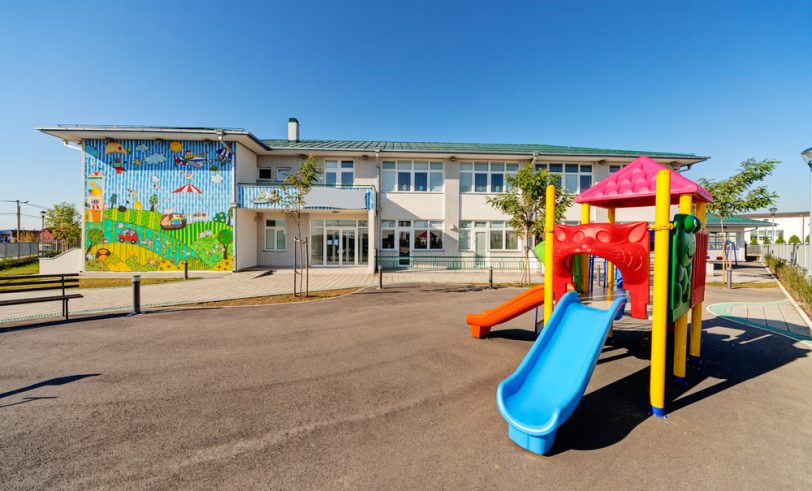The government filings of Paycheck Protection Program (PPP) loans have provided ideologically motivated journalists and advocates a treasure trove for scoring points against businesses and organizations they don’t like. Call it PPP-shaming.
For those who aren’t aware, PPP was created by Congress to give forgivable loans to businesses and nonprofits affected by the coronavirus. As governments across the country shut down schools and businesses, Congress realized that it needed to provide support or businesses would go under, costing millions of jobs and carving deep scars into the American economy.
The first part of the story is important. Government shut these businesses and schools down. PPP was not a “bailout,” rewarding businesses that had acted poorly or were floundering. Businesses and schools had little say in whether or not they would be able to serve customers and did not deserve to be harmed as a result.
Lots of schools took PPP loans. This shouldn’t surprise us. As Dean Johnson, leader of the Crossroad Academies charter schools in Kansas City told The Kansas City Star, “I understand the economic realities, but one way or another we need to be able to meet our expenses, and if we’re trying to provide a more complex learning model what we certainly can’t be doing is laying off staff.”
But here is where the Star’s PPP story went off the rails. Rather than examining the effects of the coronavirus on local schools and their budgets, the author decided to pit charter and private schools against the Kansas City Public Schools (KCPS), making the case that it was unfair that charter and private schools could get PPP support while KCPS couldn’t. The article PPP-shamed them. It includes the predictable jabs at Rockhurst High School’s tuition ($15,000 for the upcoming year), and a quote from the local teachers union leader taking a dig at Betsy DeVos.
Like great Kansas City jazz, it’s the notes that it didn’t play that are the most revealing.
First, it left out the fact that KCPS receives more public funding than local charter schools, and even more per pupil than most private schools. According to the state of Missouri, KCPS spent $15,137 per student in 2019. Seems like an important detail to put in the story. KCPS is hardly in penury. It is certainly not “underfunded.”
Second, as Mayor Quinton Lucas pointed out on Twitter, in Clay County, federal CARES Act dollars were allocated to support the North Kansas City and Liberty public school districts. Jackson county could do the same for KCPS but hasn’t. Maybe someone should ask them why not.
Third, the article fails to mention that if private and charter schools were to close due to the economic effects of the coronavirus (as more than 100 private schools already have), it would be terrible for KCPS. State and local governments are already reeling from decreased tax revenue due to depressed economic activity; flooding schools with hundreds or thousands of new students would put tremendous strain on KCPS or any other public school district. If public school advocates could see beyond their immediate, narrow interests they would understand that charter schools and private schools are doing them a favor.
The disappointing thing about the Star’s article is that if it were not framed as adversarial, but as a system of schools wrestling with a shared problem, we might be better able to find solutions. Judging from the social media reaction, most readers walked away from the story angry at private and charter schools, not interested in how to help all children in Kansas City get a good education in the time of the coronavirus. That’s a shame.



